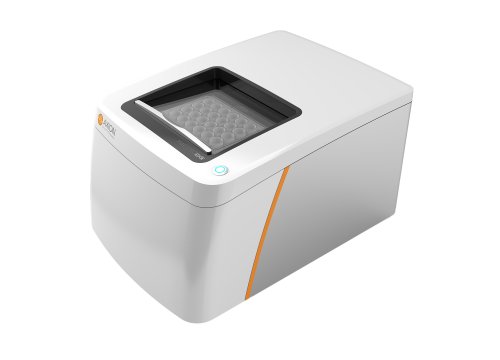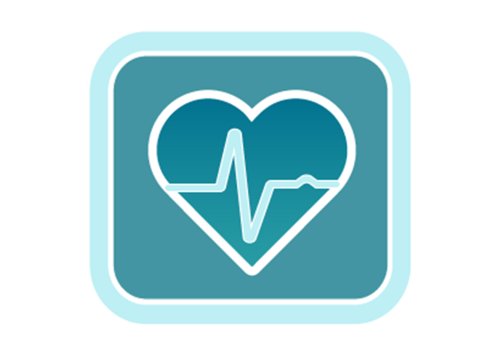Yang M, Fu JD, Zou J, Sridharan D, Zhao MT, Singh H, Krigman J, Khan M, Xin G and Sun N.
Autophagy, 2022.
Summary:
Bioelectronic assays and other methods reveal effects of pathological conditions on mitophagy
Research using cultured cells and animal models demonstrates that defective mitophagy plays a role in cardiovascular disease and other disorders, but little is known about the effects of mitophagy in human hearts and cardiomyocytes. In this study, scientists used CRISPR-Cas9 to generate mt-Keima human induced pluripotent stem cell-derived cardiomyocytes (hiPSC-CMs) and applied a multiplatform approach to characterize mitophagy and assess how the process is altered under pathological conditions.
To examine the effects of the cardiotoxic chemotherapeutic doxorubicin and explore the impact of hypoxia on the mt-Keima hiPSC-CMs in vitro, the researchers used Axion’s noninvasive multielectrode array (MEA) platform, with results demonstrating that cardiac mitophagy is sensitive to doxorubicin and to ischemic conditions induced by hypoxia. The findings from MEA and other testing methods suggest that hiPSC models may be a promising platform for the discovery of pharmacological interventions that modulate mitophagy as a therapeutic target.


